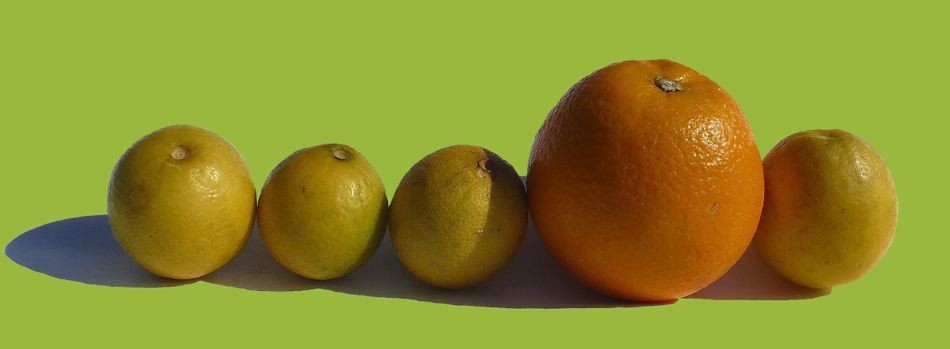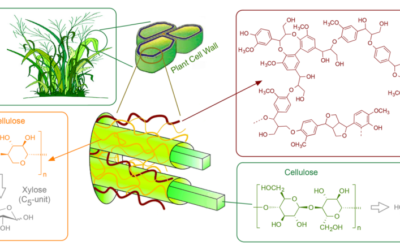
Which one (has the greater Socio-economic Impact)?
Sticks in a bundle are unbreakable (Kenyan proverb).
There is a strong case to be made for a co-operative, biobased economy in Africa ..
.. and that therefore includes small, decentralised, rural production units, which form part of a greater supply chain. Africa specifically and emerging economies (BRICS) in general, have enormous agricultural land development potential. Our µ-BioRefinery™ is geared towards enabling small-scale processing of (non-food) biomass in rural areas. Besides its ability of processing agricultural residues that can be removed without negative impact on soil or water, our micro-biorefining approach also offers a selection of “energy” crops that are suitable for many African growing conditions. The µ-BioRefinery™ will bring additional revenue to small-holder farmers and will empower these farmers to move from subsistence farming to participating in the sustainable growth of the green economic.
Socio-economic Impact
Job creation is a key-focus of our activities. In collaboration with a rural development NGO, we determined that at least 1 new direct and permanent job is created per 2 ha (Reference: uThukela GreenEnergyPark™ concept plan). Assuming a greenfields cluster of three µ-BioRefineries, using sweet stem sorghum as its feedstock, the newly created jobs in the farming sector would be ±5,000. Using a conservative multiplier, once can expect in excess of 12,000 new and permanent jobs.
The above business cluster projects a combined annual income of R0.55 billion (US$55 million). In South Africa, we have identified at least 5 areas for the development of these clusters. Then there is the rest of Africa and the BRICS: Economy-Of-Numbers at its best!
Achieving the Millennium Goals
The values of co-operation – equity, solidarity, self-help and mutual responsibility – are cornerstones of our shared endeavour to build a fairer world. (Kofi Annan, 29/06/2001)
The collaborative economic approach of the µ-BioRefinery™ recognises the contribution SMMEs or co-operatives can make to achieving the Millennium goals of full and productive employment, eradicating poverty, enhancing social integration and promoting the advancement of women.
Connecting-The-Dots™
Related Sites
Connecting-The-Dots™ (Creating Biobased Businesses: About our experience to connect the many “dots” of the value chains that every successful biobased business needs)
µ-BioRefinery™ (in propinquitatem ad biomasa; Bringing biorefining in proximity to biomass)
GreenEnergyPark™ (Smart biomass – agricultural/forest residues – conversions to energy, chemicals and commercial products)
International Furan Technology (An independent developer and implementer of furfural process technologies)
Connecting-The-Dots™
This article is part of a series of reflections on how we see the dots connecting in the creation of a biobased industry. We comment on the (South African) biomass processing space, its current status and (future) opportunities. DalinYebo provides a fundamentally practical approach for a competitive conversion of a variety of biomass feedstock to chemicals and energy (incl. biofuels).
-> For the agri (biomass) processing, sugar, pulp&paper, etc. industries, we provide knowhow and technology to convert (residual) biomass to chemicals and energy.
-> For owners of biomass we offer technology and market access, creating investment opportunities in the cleantech space.
The essential technical challenge facing us, and the world in general, is the complete beneficiation of cellulosic material. We strive to provide viable and practical solution. Contact us to discuss the economic potential of your biomass.




